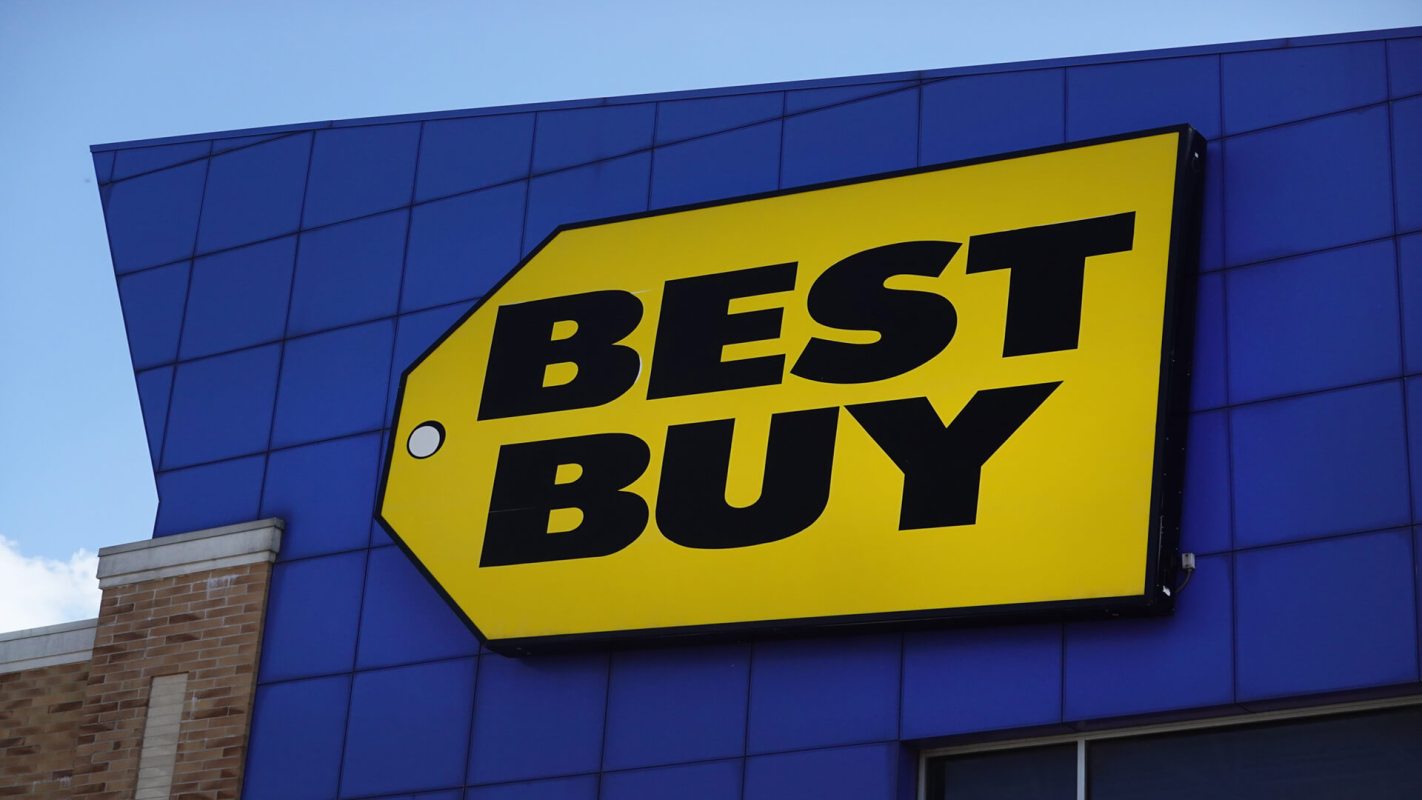You can get just about everything you need delivered straight to your door these days: food, beds, appliances … but did you know that you can just as easily have clutter taken away from your home on demand?
Best Buy's electronics recycling program will send someone to pick up your old, bulky, unwanted appliances for $199. The haul-away service exists as a useful tool to manage growing amounts of e-waste and to increase the sustainability of technological consumption.
E-waste, or electronic waste, refers to used electronics that are either nearing the end of their useful life or have already been discarded, according to the Environmental Protection Agency. As the world's "fastest growing solid-waste stream," the amount of e-waste is set to double globally by 2050, the United Nations E-Waste Monitor reports.
Some companies notoriously work to make their old products obsolete to entice consumers into purchasing new electronics more frequently. While profitable, this practice is, of course, extremely wasteful. As purchasing becomes more frequent, the electronics life cycle becomes shorter and more e-waste is created, according to Global Industry Analysts.
On a recent Best Buy earnings call, Chief Merchant Jason Bonfig alluded to this business practice, saying that "continued evolutionary innovation cycles are never ending, and they drive growth … They create reasons to upgrade and unlock new and better experiences for our customers each and every year."
Best Buy's electronic recycling service exists as a middleman to simplify the e-waste recycling process, although it does come at a price. Its $199.99 Standalone Haul-Away service accepts up to two large products at a time, like refrigerators and televisions, as well as an unlimited number of smaller electronic devices (with some exceptions).
"We feel we have an important role to play in helping our planet, including being there for the entire lifecycle of a product," said Tim Dunn, Best Buy's head of environmental sustainability, in a statement. "This new service will make this important work even more convenient for customers."

Stacy Savage, the founder and CEO of Zero Waste Strategies, told RetailDive that the service is a "good exchange, because of the convenience factor" and that Best Buy is "stepping up to fill a service gap."
Best Buy also claims to be the largest retail collector of e-waste in the U.S., having collected 192 million pounds of e-waste in 2021 for recycling. The pickup service joins the company's other efforts at managing e-waste, which include a trade-in program; Geek Squad repair; in-store everyday recycling, which accepts up to three electronics per household, per day; and the traditional Haul-Away program, which picks up an old device while dropping off a new one.
These services exist within a larger ecosystem of government and corporate electronic recyclers. YMCA thrift shops, Goodwill, and Staples also offer in-store recycling options. Some corporate recycling providers that pick up e-waste from large businesses are expanding into residential recycling as well, though generally not pick-up service.
The U.S. is working to manage its growing e-waste production. Currently, 25 states — which contain 65% of the population — have passed laws to make e-waste recycling cheaper and easier, according to the Electronics Take Back Coalition.
A lot of the responsibility for recycling products has rightfully fallen on manufacturers, but e-waste programs can still be inconvenient for consumers.
Many counties and towns have their own e-waste recycling centers available to residents, which are often less expensive than Best Buy's electronics recycling program. But for some, the added convenience of at-home pickup justifies the extra cost.
Navigating non-standardized, local recycling systems can also be an additional barrier to recycling. A recycling center in this author's town, for example, no longer provides e-waste recycling, which started him on a confusing trail to find a location where he could actually recycle.
An alternative to recycling is to repair old and damaged devices. The "right to repair" was reinforced by a presidential executive order in 2021, which should make it less expensive and less difficult to increase a device's lifespan.
Diverting e-waste from landfills by reusing or repairing products is a key part of a sustainable future. Best Buy's electronic recycling service is making that easier for a lot of people.
Follow The Cool Down on Instagram and subscribe to our newsletter.








